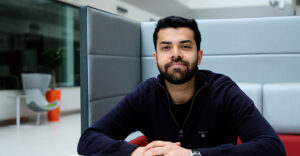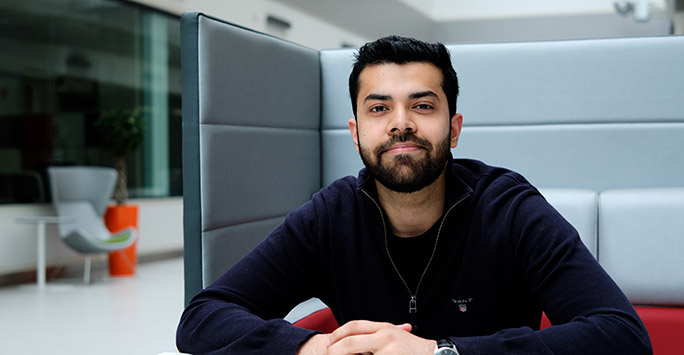How you'll learn
You’ll learn across a variety of teaching methods, like lectures, seminars, and tutorials. You’ll also get hands-on experience designing sketch models and using micromachining lasers to build your portfolio.
You’ll either work on these assignments on your own or in a group project. After that, you’ll present your findings to the other students and the module leader, which will lead to a group discussion. This is a formative exercise, so you may even get feedback from your peers on your presentation.
How you're assessed
Across your modules, you’ll be assessed in a number of different ways, including exams, lab activity, case studies, business plans, and project journals.
Your final project work will be based on a topic of industrial or scientific relevance, and will be carried out in laboratories in the University or at an approved placement in industry. You’ll examine this project in your dissertation and show evidence of in-depth understanding, mastery of research techniques, ability to analyse assembled data, and assessment of outcomes.
Liverpool Hallmarks
We have a distinctive approach to education, the Liverpool Curriculum Framework, which focuses on research-connected teaching, active learning, and authentic assessment to ensure our students graduate as digitally fluent and confident global citizens.
The Liverpool Curriculum framework sets out our distinctive approach to education. Our teaching staff support our students to develop academic knowledge, skills, and understanding alongside our graduate attributes:
- Digital fluency
- Confidence
- Global citizenship
Our curriculum is characterised by the three Liverpool Hallmarks:
- Research-connected teaching
- Active learning
- Authentic assessment
All this is underpinned by our core value of inclusivity and commitment to providing a curriculum that is accessible to all students.











